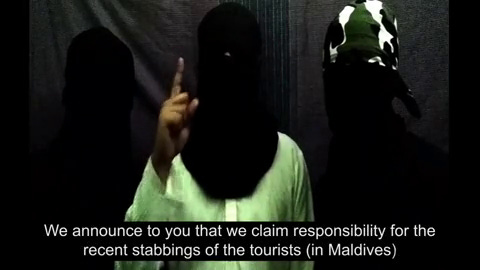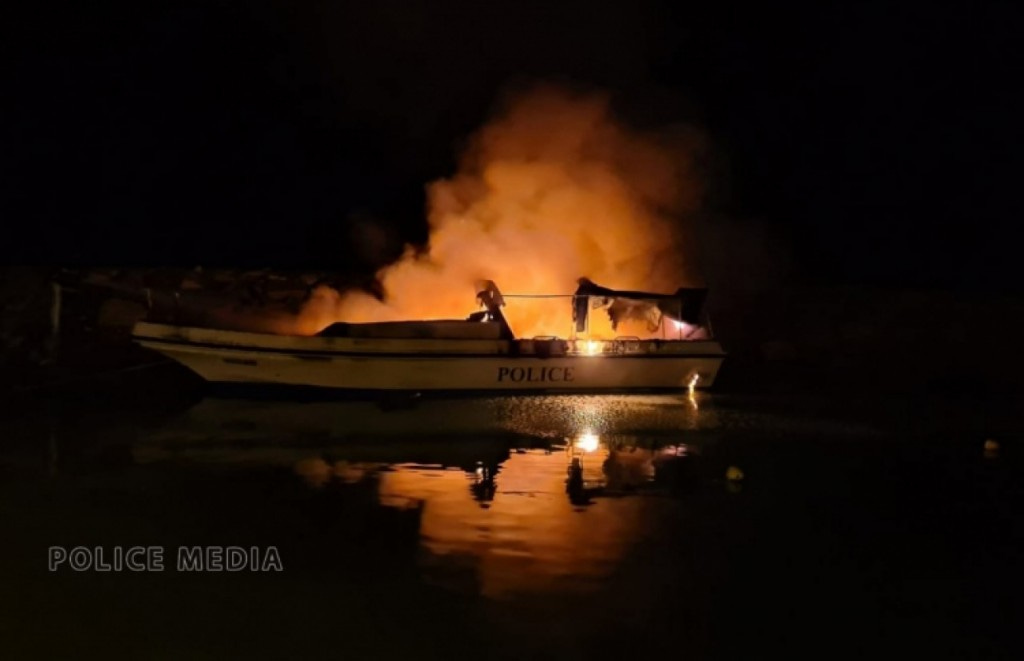Pro-Islamic State Militants Reportedly Behind Maldives Blast Targeting Former President
The explosion that injured former Maldives President Mohamed Nasheed outside of his home on May 6th has allegedly been linked to pro-Islamic State (IS) militants. Nasheed sustained severe injuries during the assassination attempt and underwent surgery to extract shrapnel from his lungs, abdomen, and liver.
Assistant Commissioner of Police Mohamed Riyaz claimed, “the suspects do follow the ideologies maintained by ISIS” and have even “actively taken part in spreading this ideology.” However, Riyaz stated there are no proven command and control links between these individuals and external Islamic State actors.
Islamic State Influence in the Maldives
The high-profile assassination attempt aligns with a trend of IS-related security incidents on Maldivian soil in recent years. In February of 2020, two Chinese nationals and an Australian were stabbed on the island of Hulhumale, and, following the attack, a video was posted online in which three masked individuals claimed responsibility and vowed to conduct subsequent operations.
Reuters described them as a “Maldivian radical group affiliated with Islamic State,” and the incident prompted authorities to go back and review an earlier stabbing of a Turkish national.
On March 22nd, a police surveillance speedboat was set ablaze in Laamu Atoll, and a suspect was later charged with “carrying out an act of terrorism” and also for “possession of material implying support for a terrorist organization.” Investigators reportedly found “video evidence supporting the ideologies of Islamic State and Al-Qaeda” as well as “documents supporting Jabhat Al-Nusra” when they searched the suspect’s residence.
A few weeks after the stabbing, the Islamic State took credit for an arson attack that destroyed five boats docked in the town of Mahibadhoo. In its official newsletter al-Naba, IS said the boats belonging to the “apostate Maldivian Government and its loyalists” were disabled using “incendiary bombs.” This was a significant development as it marked the first time the Islamic State claimed responsibility for an attack in the Maldives.





To conclude with context—Raffaello Pantucci and Mohammed Sinan Siyech note:
With roughly 250 fighters, and about 1400 alleged radicalised individuals, out of a population of 350,000, the Maldives has amongst the highest per capita instances of foreign terrorist fighters around the world. For some time, there has been fear that an exodus of fighters from the Maldives might return home bringing terrorist violence with them.
There is a history of foreign militant fighters from the Maldives going back to the war in Afghanistan. There have been killings of journalists and bloggers on the islands that have been blamed on violent Islamist groups, though questions have been raised around motivations.








